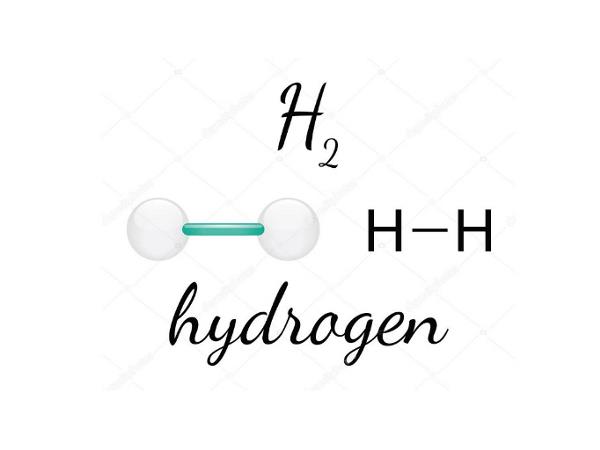Hydrogen Heating Studies
The Dutch government has decided the Netherlands has to phase out (natural) gas by 2050. Switching to all electric heating is not sustainable because of the load that is too high for the electricity grid and the...
Centre of Expertise Mission Zero

The Dutch government has decided the Netherlands has to phase out (natural) gas by 2050. Switching to all electric heating is not sustainable because of the load that is too high for the electricity grid and the associated high costs. Moreover, electric heating means a large mismatch between energy supply from solar panels in summer and energy demand for heating in winter, which requires energy storage. Heating with sustainably produced hydrogen is an interesting alternative because hydrogen is a storage medium of energy for seasonal bridging.
On the grounds of The Green Village, four different heat plants with two different concepts, both working with hydrogen as fuel, will be measured in the homes located there. The first concept is a hydrogen-fired boiler (with direct and/or catalytic combustion of hydrogen). With the second concept, the hydrogen is first converted to electricity in a fuel cell and only then converted to heat with a heat pump.
Goal of the project
This project aims to demonstrate the suitability of hydrogen for heat demand purposes compared to other sustainable alternatives. Hydrogen is:
- technically appropriate for heat demand (space heating, domestic hot water, high/low temperature heating, insulation level),
- economically interesting (cost of: installation, fuel and maintenance),
- safe (explosion hazard, leaks, hydrogen embrittlement) and
- feasible (by removing doubt in the discussion of hydrogen application, based on the above realized goals) and therefore
- accelerates the process towards phasing out (natural) gas.
Final product/Advanced results
The work in the project will produce the following results:
- Four different operating hydrogen-fired heat plants on the grounds of The Green Village.
- The conversion efficiency of the four different hydrogen-fired heat plants under various operating conditions based on measurements unique in the Netherlands.
- The living costs at the four hydrogen-fired heat plants based on measured heating costs, investment costs (installation) and maintenance, involving practical data from partners and estimates of future price developments.
- The occurring safety issues with hydrogen heating based on model analyses and measurements.
- A measurement plan with technical specifications of the measurements and measuring equipment in order to measure: the practical conversion efficiency of hydrogen-fired heat plants and the safety issues when using hydrogen for heating.
- Publication and communication of the research results of this project and thereby help removing doubts in the discussion about application of hydrogen and accelerating the phasing out of natural gas.
Project leader
Pepijn van Willigenburg
Researchers involved
Evert-Jan Duijndam, Joep de Groot, Arie Taal and Sander Mertens
Start and end date of project
1-4-2020 to 30-6-2022 (this new end date still needs to be approved by RVO)
Involved courses and/or minors
Mechanical Engineering (course)
Sustainable Energy Technology - SET (minor)
Funding
This project is partly made possible by the 'TSE-19-15-01-Hydrogen' (subsidy scheme)
Partners
Delft University of Technology, Arnhem and Nijmegen University of Applied Sciences (HAN), Van Dorp Installaties b.v., Accenda b.v. and Flamco. In addition, collaboration with The Green Village, Remeha and Vaillant, among others.